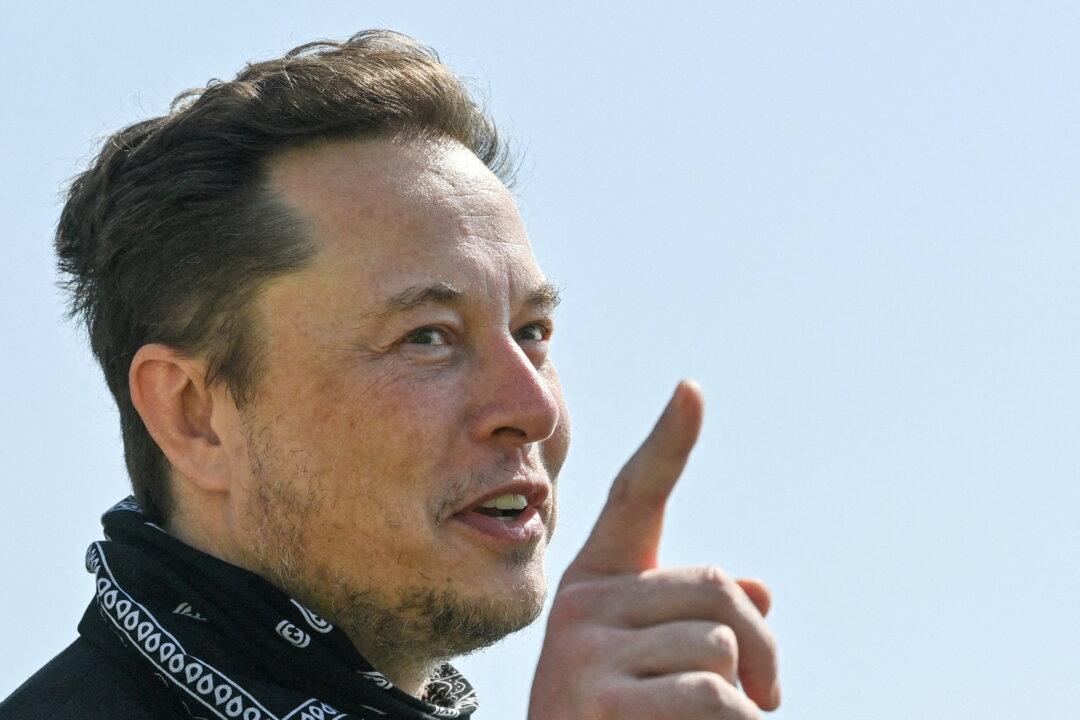Elon Musk has said he confronted fellow billionaire Bill Gates over the Microsoft founder’s supposed holding of roughly $500 million in Tesla shorts in a series of testy text messages in which Musk rebuffed Gates’s request to discuss climate change philanthropy.
In an April 22 Twitter post, Musk confirmed the veracity of a text message exchange between him and Gates in which the Microsoft founder admitted he was short-selling shares of Tesla, meaning that he was betting on the stock dropping in price.





